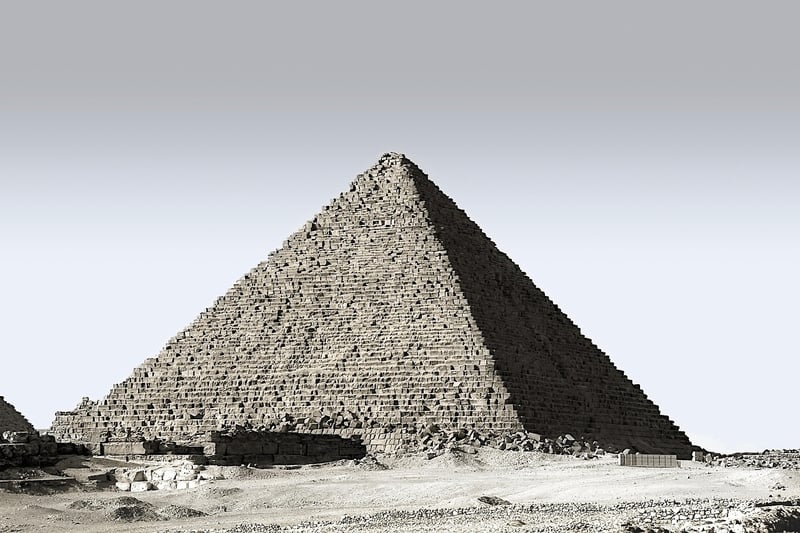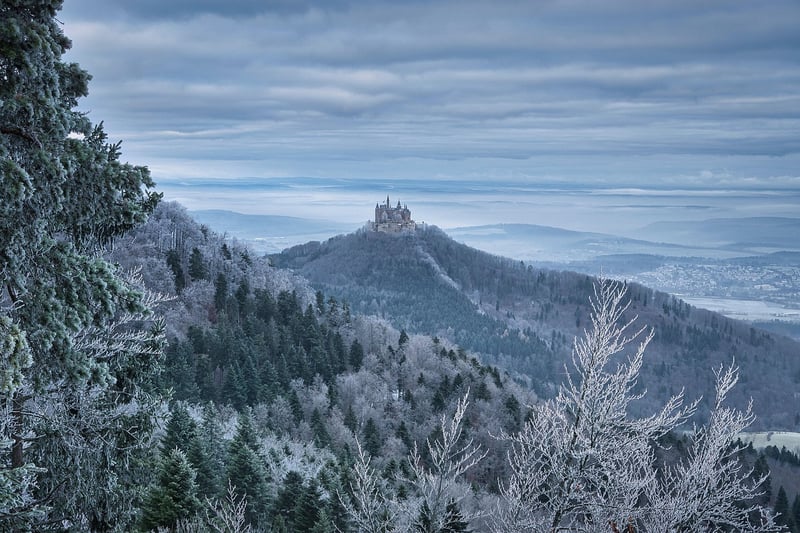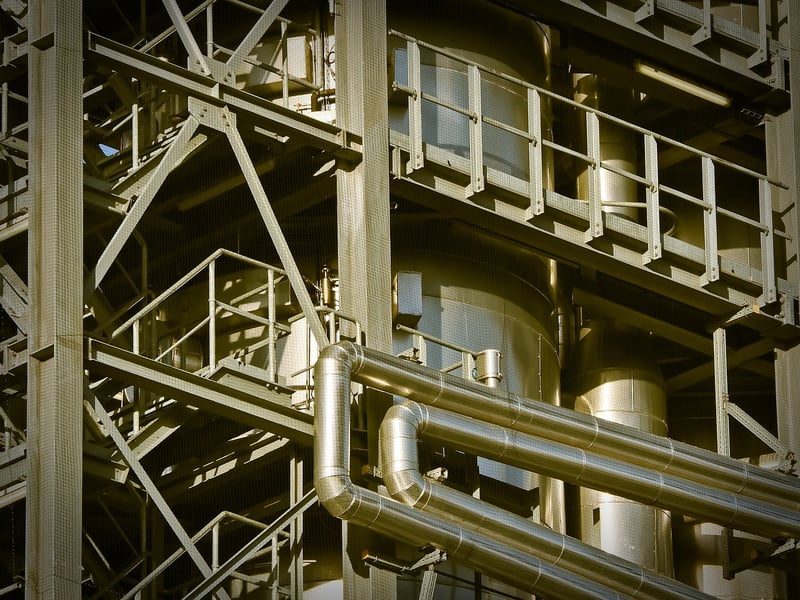Historical Events
Exploring Different Time Periods and Historical Events
History is a vast tapestry of events, people, and cultures that have shaped the world we live in today. By delving into different time periods and historical events, we can gain a deeper understanding of how societies have evolved over time. Let's take a journey through some key historical eras and events that have had a significant impact on human civilization.
Ancient Civilizations
Ancient civilizations such as the Egyptians, Greeks, Romans, and Mesopotamians laid the foundation for many aspects of modern society. From the construction of the pyramids to the development of democracy, these cultures have left an indelible mark on history.

The Middle Ages
The Middle Ages, spanning roughly from the 5th to the 15th century, saw the rise of feudalism, the spread of Christianity, and the construction of magnificent cathedrals. It was a time of knights, castles, and epic battles that shaped the political landscape of Europe.

The Age of Exploration
During the Age of Exploration in the 15th and 16th centuries, European explorers such as Christopher Columbus, Vasco da Gama, and Ferdinand Magellan set sail to discover new lands and establish trade routes. This era marked the beginning of globalization and the exchange of goods, ideas, and cultures between the Eastern and Western hemispheres.

The Industrial Revolution
The Industrial Revolution, which began in the late 18th century, transformed societies from agrarian economies to industrial powerhouses. Inventions such as the steam engine, spinning jenny, and telegraph revolutionized production, transportation, and communication, leading to unprecedented economic growth and urbanization.

World Wars
The 20th century witnessed two devastating world wars that reshaped the global political landscape. World War I, fought from 1914 to 1918, and World War II, fought from 1939 to 1945, resulted in millions of casualties and led to significant geopolitical changes, including the emergence of new superpowers and the establishment of international organizations like the United Nations.

Conclusion
Exploring different time periods and historical events allows us to appreciate the complexities of human history and gain insights into the challenges and triumphs that have defined our past. By learning from the experiences of those who came before us, we can navigate the present and shape a better future for generations to come.
